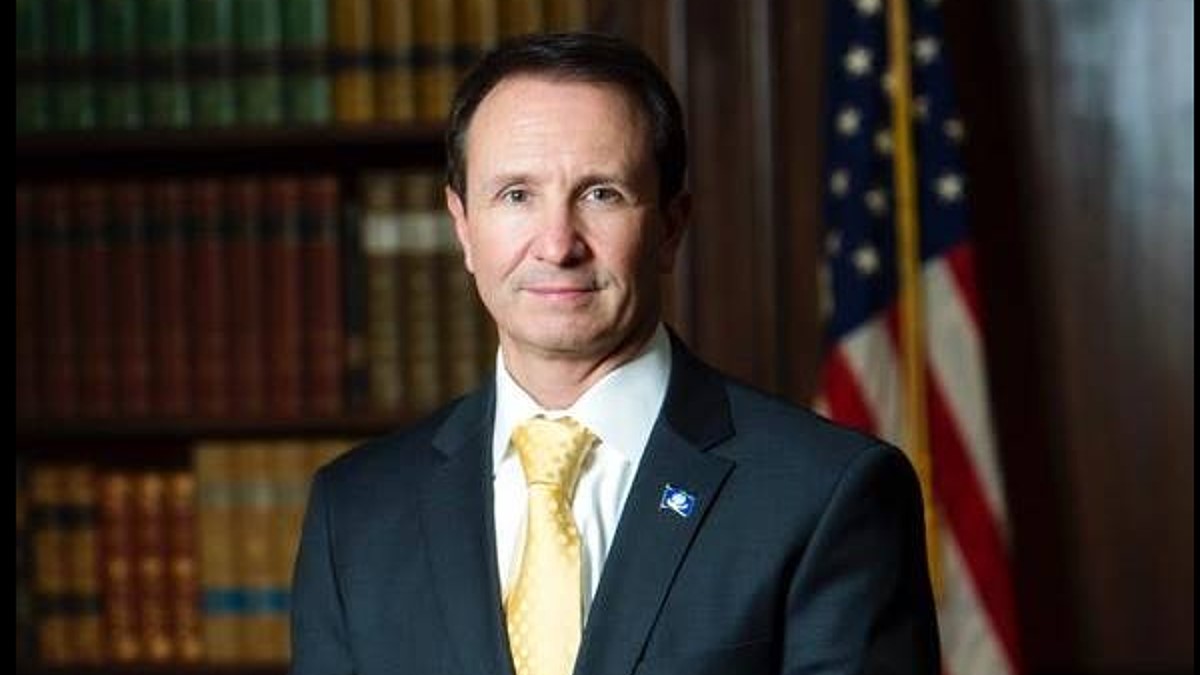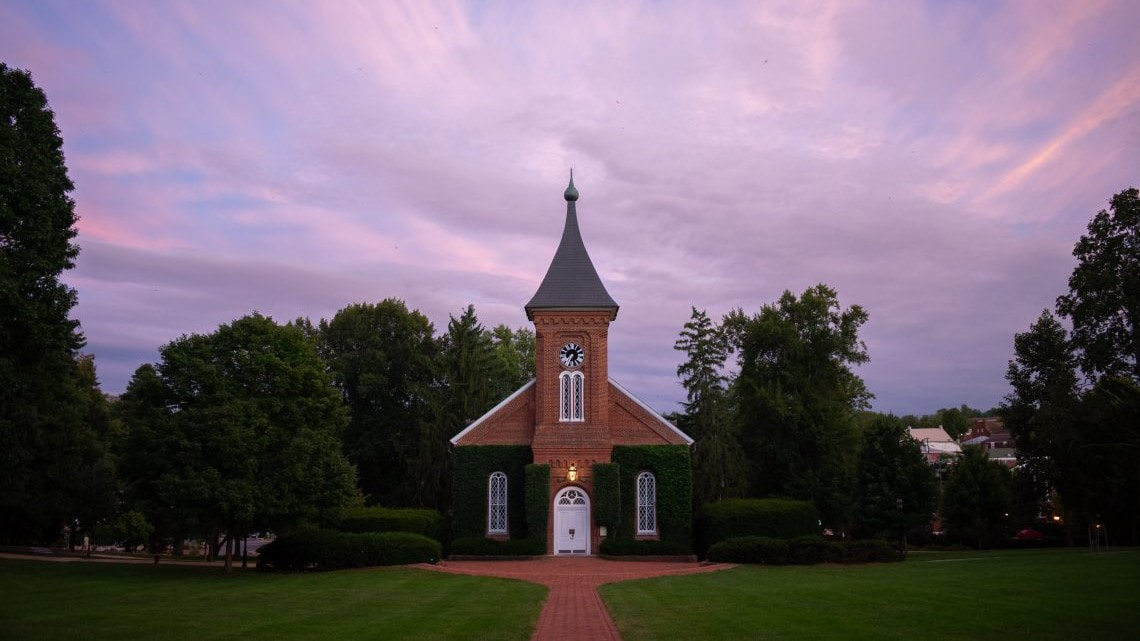|
AG Jeff Landry made his final appeal to Louisiana’s voters on Oct. 12th in the campaign for governor (which he subsequently won on Oct. 14th). In short, it could be summed up as ‘Louisiana ought to be great.’ In his own words:
We fully supported Mr. Landry for governor, believing that he has the right mix of experience and temperament, the right view of State sovereignty vis-à-vis the federal government, etc., to bring some beneficial changes to Louisiana. However, his words in this last appeal of his leave us concerned, for we have seen nearly this same kind of campaign unfold amongst our cousins in France under Charles de Gaulle. Now, General de Gaulle was an extraordinarily gifted leader. He nearly single-handedly kept the nation of France alive at times during WWII. After the end of the war, France lay prostrate, exhausted and dispirited. And again de Gaulle raised her up. He entered politics with the aim of making France a renowned country once again, politically stable, economically prosperous, and a prominent player in world politics. And he achieved a measure of success in those things – influential in Africa, rejecting complete subordination to NATO, protecting French interests in a European commonwealth – as well as giving France a new constitution that stabilized her political life and a reinvigorated economy. But once de Gaulle retired from politics, most of his achievements unraveled quite rapidly. Socialism/Leftism became the dominant ideology in the succeeding decades, remaining so today, with all its caustic attendants – open borders, hatred of the native culture, an oppressively large government, etc. When political leaders fail to raise the eyes of their peoples above the horizon of the earth, they doom them to precisely the kind of materialistic nihilism that France has fallen into. Politics is not an end in itself. Politics, like everything else, is a waysign, pointing us to the ultimate reality, to God. When we turn our eyes from Him, exchanging the infinite, uncreated God for some limited, created thing as the ultimate good, we bring trouble upon ourselves. Gen. de Gaulle had a wonderful opportunity, given his many talents, to rouse his people to true greatness, that is, to Christian holiness. But he failed to do so, and France has suffered much because of his failure. AG Landry, if he is not careful, is poised to repeat the mistake of de Gaulle. His final appeal is bereft of any mention of God, Christ, Church, etc.; it is concerned only with a worldly kind of greatness. But worldly greatness satisfies people for only a short time; then the spiritual hunger for something deeper awakens, and if it does not find Christ, people will try to satisfy it in all kinds of ways, many of them harmful – cults, drugs, crime, alcohol, suicide, overeating, endless social media use, etc. Louisiana is already experiencing many of these. Less crime, more economic opportunity, and better education will help to a degree, but not for long. Louisianans desperately need to be reacquainted with the exhilarating quest for holiness, and, once again, it is a French kinsman who provides a helpful illustration for us, St. Martin of Tours (+397 A.D.), the Patron Saint of France. Even a brief look at his life will show us the kinds of meaningful encounters that await those who seek after God sincerely and using the right means (prayer, fasting, the Divine Liturgy, etc.):
Worldly greatness is ephemeral. It quickly dissolves into nothingness. But holiness makes things immortal. Ten, twenty, fifty years from now, no one will care about our NFL stars and their statistics; no one will care about our GDP output. But generation after generation will continue to be in awe of the architecture of an abbey like Mont St. Michel off the coast of Normandy; they will continue to be drawn to the otherworldly beauty of illuminated manuscripts like the Lindisfarne Gospels; they will continue to seek consolation from the relics of the saints, which remain incorrupt and miracle-working because of the Grace of God that dwells within them. St. John Maximovitch (+1966), a saint who touched most of the world in some way, a saint everyone should know at least a little bit about, shows us how holiness overturns the normal working of the laws of death and decay. His holy relics were uncovered in 1993 in San Francisco, 27 years after his blessed repose:
We are grateful to God for the Landry victory on the 14th. It is critical, however, for Mr. Landry, State legislators, school board members, and for all the rest of us here in Dixie – both those in government and those outside of it – to remember that unless a political vision and agenda are linked to a higher spiritual reality, it will all be for naught. Worldly glory and achievements fade and wither like the grass in August, but deeds done for love of God and neighbor, deeds infused with the holy Grace of God, last forever.
Or, to say it more plainly, a holy Dixie is an immortal Dixie.
2 Comments
Mr. Mark Atkins’s essay of 26 Sept. 2023, ‘What Is the South? What Is Dixie?,’ contains many fine passages, which is not unusual for things written by him. There is one that is cause for concern, however:
The land is undoubtedly an important factor in defining Southernness, but this passage makes something more of it than it ought to. The land in this telling has been transformed into some kind of dark, brooding deity that we must struggle with to receive a blessing, and along with the blessing, wounds. Mr. Atkins has retold the story of Jacob wrestling with God, replacing Jacob with Dixie and God with Land:
Further, it is ultimately not something external that we struggle with (the land), but something internal, sin. That is to say, the sins of men and women are the cause of the rebellion of the creation against mankind. When sinfulness is quelled in man, then harmony between them is restored. There are numerous instances of this throughout Church history in the lives of her saints. We will look at only a couple, for the sake of brevity, from the life of St. Cuthbert of Lindisfarne (+687) by another English saint, St. Bede of Wearmouth-Jarrow Monastery (+735). In his Ecclesiastical History of the English People, St. Bede writes,
Now, supposing a land full of Christian holiness in which there is little struggle with the land, would that people be bereft of a rich culture because of that absence? Certainly not! But what would be the source of culture in such a place? Just what it has been in every other place – the religion of the people, the Christian Faith. The country of Georgia, which we have mentioned before in some past essays, is a wonderful testimony to the culture-building nature of Christianity. Georgia was baptized into the Orthodox Church under the holy King Mirian in the 4th century, about the year 324 A. D.; she has not departed from the Church despite numerous brutal assaults upon her by the enemies of Christ. During St. Mirian’s reign, we see a Christian culture in its early formation:
As Southerners, we adore the land of Dixie, which provides us our sustenance, in which rest the bodies of our departed forefathers, from which grow our beautiful live oaks, white oaks, azaleas, and so many others, upon which gallop our half-mythical horses. The theme of land appears over and over again in our poems, in speeches, etc. But let us not claim more for it than we ought. True and lasting culture is born from worship of the Holy Trinity, the same Holy Trinity that King Mirian enjoined his son to adore – not Mr. Atkins’s trinity of family, People, and Land, but rather the Father, and the Son, and the Holy Ghost. It is He Who sustains and protects and enriches a Christian people’s culture, if they are willing to co-operate with Him, as the histories of Georgia and other Christian countries attest. The land will always be a large part of that culture, but we must be wary of taking a part and making it into the whole.
|
AuthorWalt Garlington is a chemical engineer turned writer (and, when able, a planter). He makes his home in Louisiana and is editor of the 'Confiteri: A Southern Perspective' web site. Archives
July 2024
|


